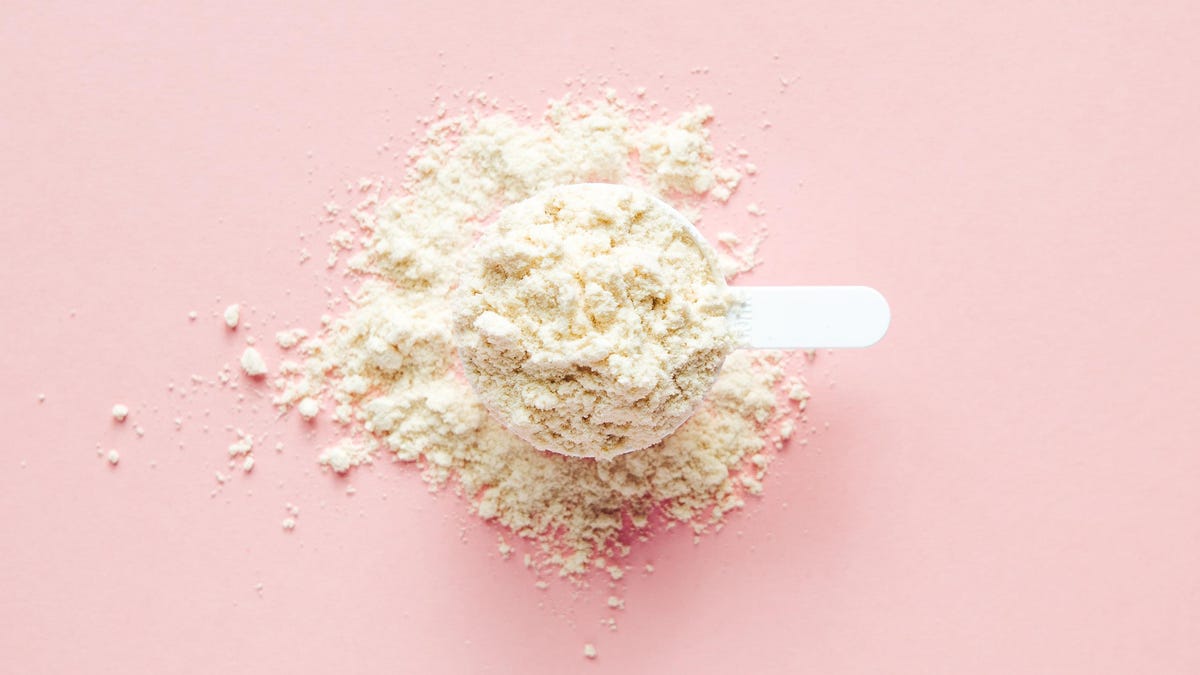How Much Protein Do You *Really* Need? A Nutritionist Breaks It Down
More than just a macro. The post How Much Protein Do You *Really* Need? A Nutritionist Breaks It Down appeared first on Camille Styles.

Protein has entered the chat. As more and more women prioritize their health, the importance of protein is far from a foreign subject. It’s no secret that protein is crucial in anyone’s diet—but it’s especially important for women. Protein plays a vital role in maintaining lean muscle mass, regulating hormones, and keeping blood sugar balanced. However, with heaps of conflicting information out there, it can be tough to know exactly how much protein hits the sweet spot for women. Do you ever find yourself asking, how much protein do I need? Fortunately, we have answers.
Armed with data, we’ll help you understand if you’re getting the right amount for your body and lifestyle. Whether you’re a gym-goer, a busy mom, or simply looking to improve your longevity, read on to learn about the power of protein.
Featured image by Suruchi Avasthi.
1 of 8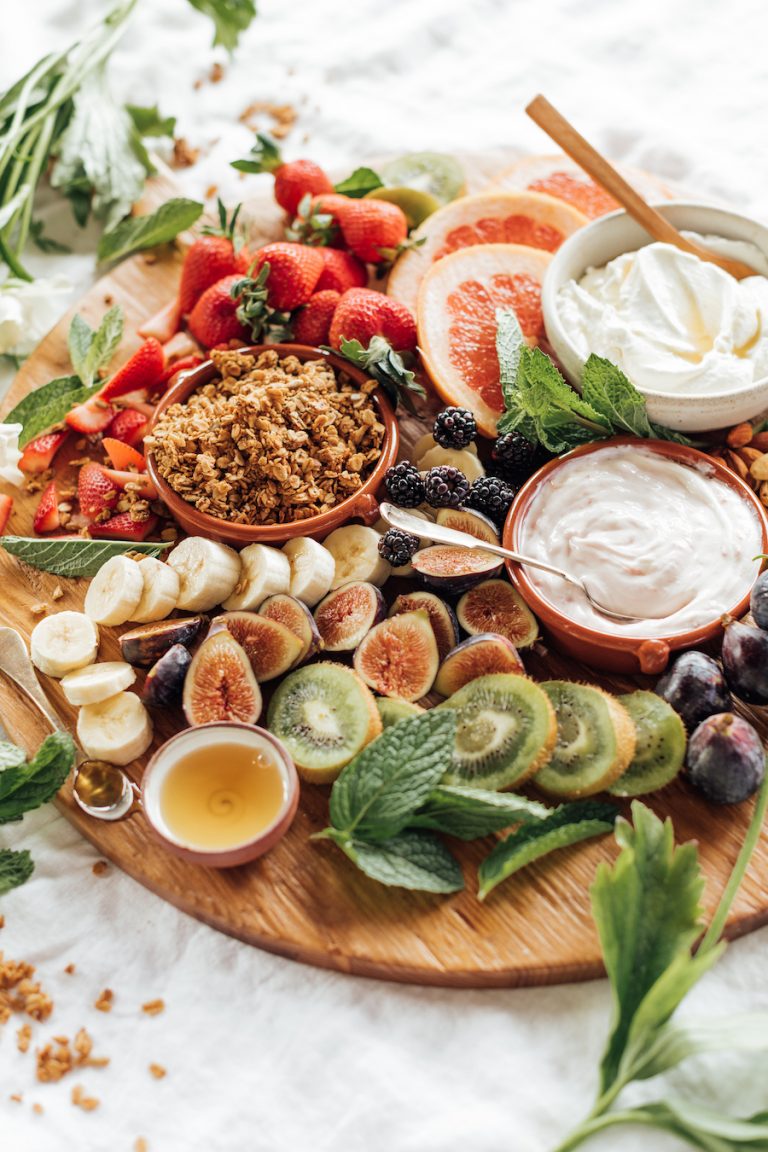
Protein: Underrated and Misunderstood
Despite its many health benefits, protein remains one of the most underrated and misunderstood nutrients in the average woman’s diet. In fact, studies show that many women aren’t getting enough protein to support their body’s needs! This is less than ideal, as protein plays a vital role in everything from muscle growth and repair to hormone regulation and immune function. So, if you’re a woman who’s struggling to meet your daily protein requirements, you’re not alone. All that to say, why aren’t women eating enough protein? And how can you boost your intake to reap the rewards of this super nutrient? Time to beef up your meals with protein-rich foods.
Will eating more protein make me bulky?
Unfortunately, one of the most common myths about protein is the fear of becoming bulky. However, this is simply not true! Most women don’t have the same levels of testosterone as men, which is the hormone responsible for muscle growth and development. Bulking up—or gaining significant muscle mass as a woman—requires much more than simply consuming protein and lifting weights. As mentioned, because of differences in female and male hormone levels, it’s much harder for women to gain large amounts of muscle mass. To create an overly muscular physique, a woman would need to consume a significant amount of calories and engage in a highly focused weight-lifting program (often for hours each day!).
2 of 8
Why is protein important for women?
Bulking myths aside, consuming adequate protein—along with quality sleep and regular exercise—can help women in so many ways. Adequate protein consumption helps build lean muscle mass, which can lead to a toned and healthy physique. However, it’s also essential for repairing tissues, producing enzymes and hormones, and creating a healthy environment for an embryo to grow. Protein improves metabolism, increases strength, and supports weight management. Not to mention, protein is also important for bone health! It forms strong bones. Additionally, protein regulates blood sugar levels, reduces sugar cravings, and supports feelings of satiety.
Moral of the story: Don’t be afraid to add more protein to your diet! It’s important nutrient that can support overall health and wellness.
3 of 8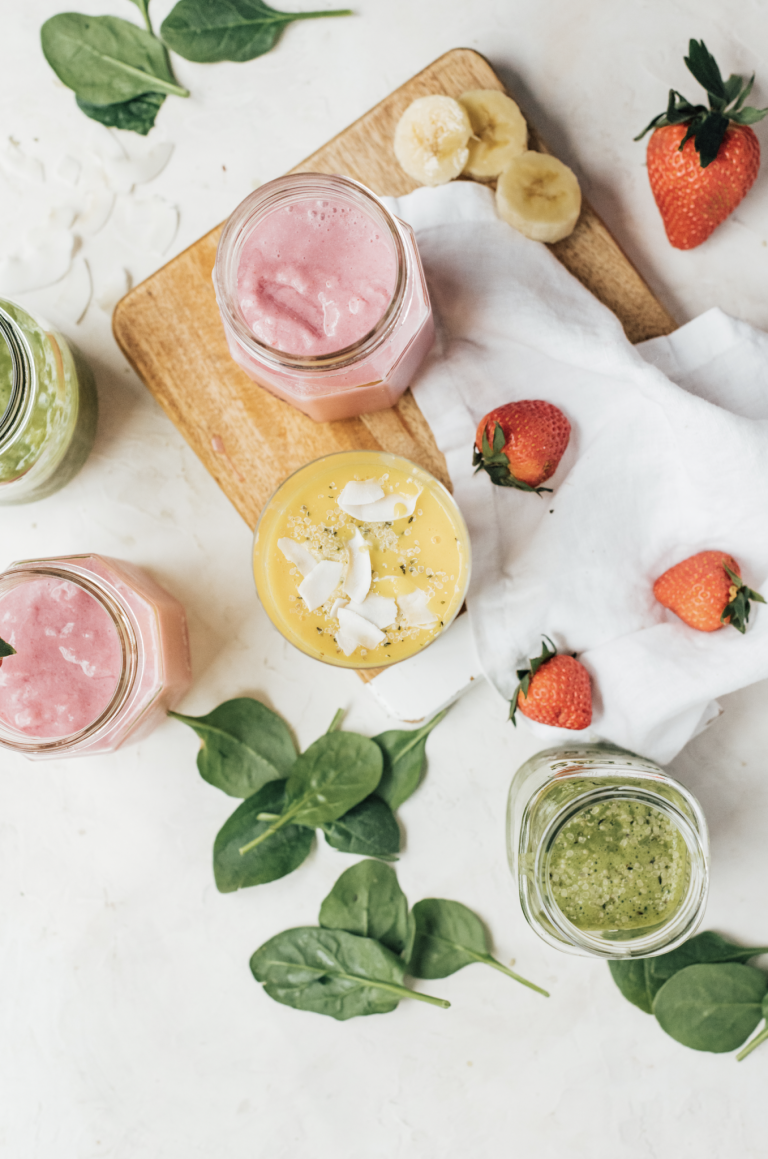
How much protein do I need?
As with most nutrition questions, the answer is nuanced. There isn’t a universal, one-size-fits-all protein formula. Protein requirements vary based on factors such as age, gender, body composition, activity level, and overall health status. For most healthy adults, the recommended daily intake is approximately 0.8 grams of protein per kilogram of body weight—or around 0.36 grams per pound. This means that a sedentary woman weighing 150 pounds would require around 55 grams of protein per day, while a sedentary man weighing 180 pounds would need around 66 grams. However, most experts will agree: those numbers are far too low.
4 of 8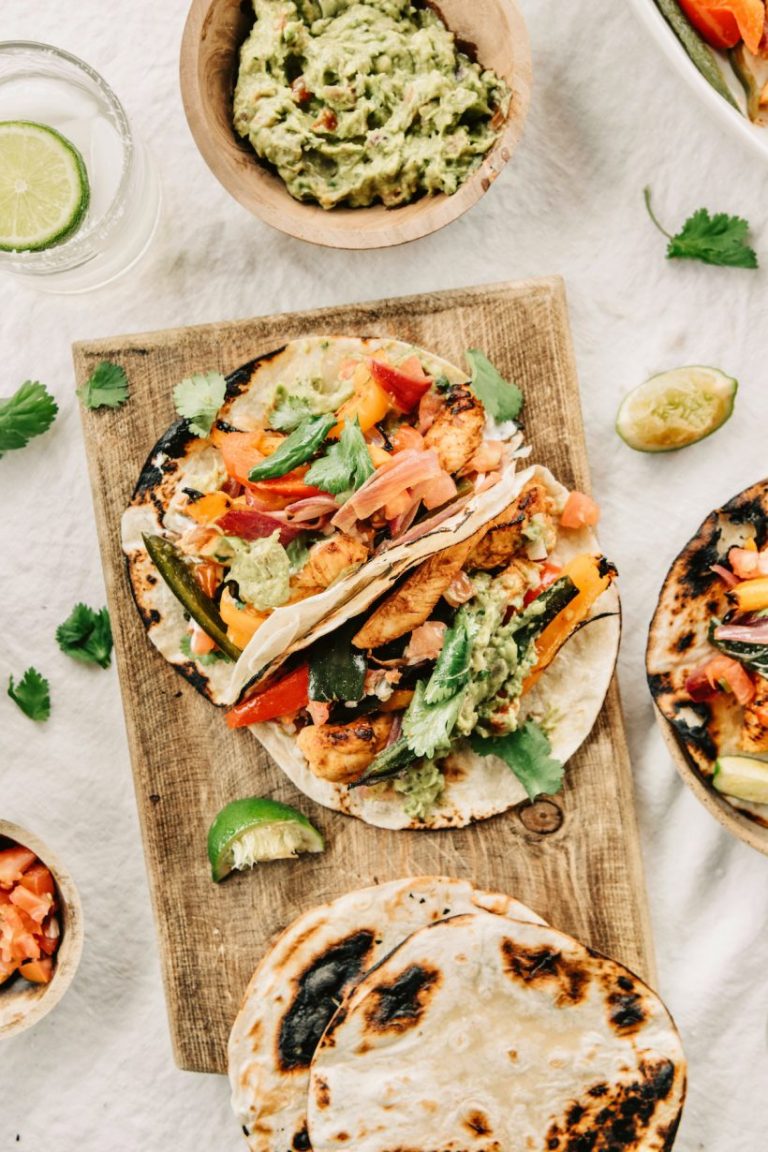
Am I eating enough protein?
It’s important to note that those aforementioned recommendations are likely not sufficient for athletes, pregnant or lactating women, or those recovering from an injury or illness. Additionally, if you’re trying to lose body fat, eating substantial protein is key. Your protein needs may range higher: from 1.2 to 2.2 grams per kilogram of body weight. For example, a female athlete or pregnant woman weighing 150 pounds may require 130-150 grams of protein per day.
Calculating Your Protein Needs
Based on your physique goals and circumstances, you can calculate how much protein you need here. Then, divide this total by the number of meals and snacks you typically eat in a day. For most, that averages out to about 20-30 grams of protein per meal. All of that said, work with a health coach, macro coach, or personal trainer for personalized protein recommendations.
5 of 8
Signs You’re Not Eating Enough Protein
So, how do you know if you’re getting enough protein? First and foremost, you feel satiated after eating, are recovering well from your workouts, and don’t feel plagued by sugar cravings all day long. However, these are potential signs you’re not consuming adequate protein:
Hunger. Stating the obvious: protein is fuel. It’s one of three sources of macronutrients, along with carbs and fats. Studies show that eating foods with protein helps you feel fuller, longer. Brittle hair, skin, and nails. All of these are made up of proteins like elastin, collagen, and keratin. When your body can’t make them, you could have brittle or thinning hair, dry and flaky skin, and deep ridges on your fingernails. Weakness and fatigue. Research shows that just seven days of not eating enough protein can affect the muscles responsible for your posture and movement—especially if you’re older than 55. And over time, a lack of protein can cause muscle mass loss, which in turn cuts your strength and slows your metabolism. Lack of protein can also lead to anemia (not enough oxygen to your cells will make you tired). Intense mood fluctuations. Your brain uses neurotransmitters to relay information between cells. And many of these neurotransmitters are made of amino acids—the building blocks of protein! A lack of protein in your diet could mean your body can’t make enough of those neurotransmitters, leading to low levels of dopamine and serotonin. 6 of 8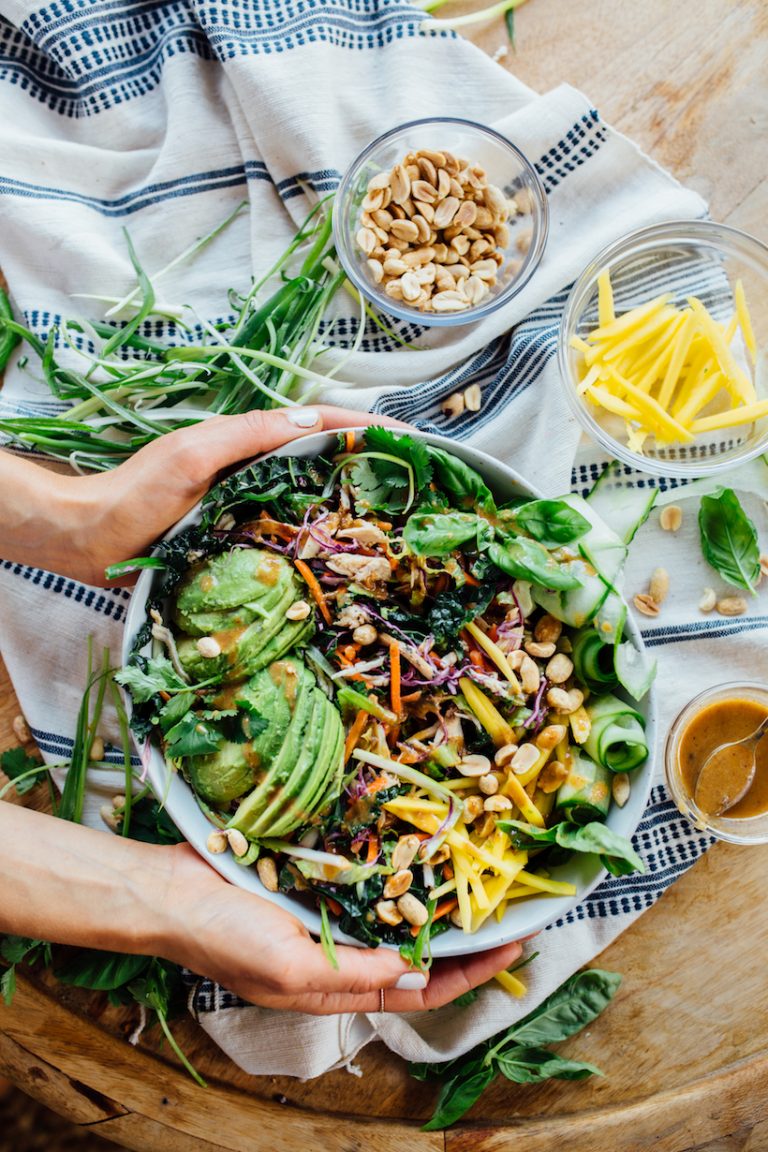
Not All Protein Sources Are Created Equal
When it comes to measuring the nutritional value of a protein, we look at the quantity of essential amino acids it contains. Different foods contain different amounts of essential amino acids. Animal proteins (chicken, beef, fish, and dairy) have all nine essential amino acids. These are known as complete proteins. However, some plant foods also contain all nine essential amino acids: soy products, quinoa, amaranth, Ezekiel bread, spirulina, nutritional yeast, hemp seeds, and chia seeds.
Other plant proteins—like beans, lentils, and nuts—aren’t quite complete proteins (but are very close). Plant-based eaters require a varied diet to ensure all essential amino acids are present.
7 of 8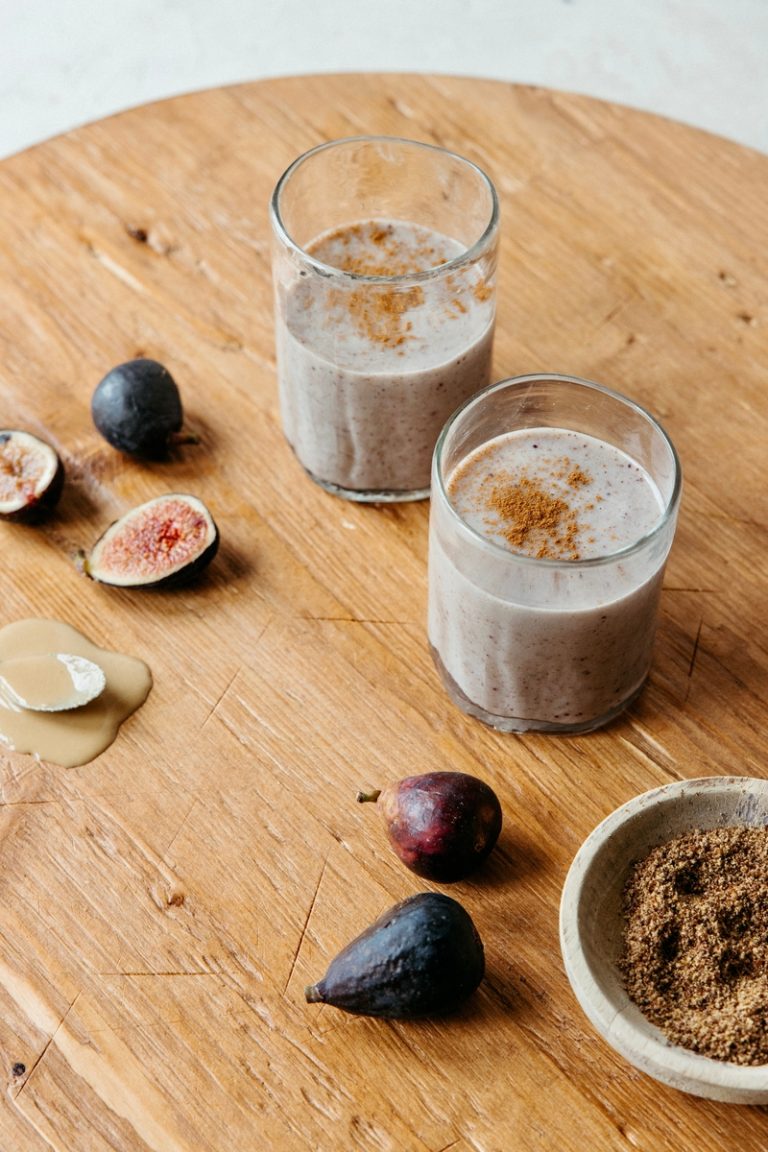
How to Add More Protein to Your Diet
So, how can you ensure you’re getting enough protein in your diet? The easiest way is to include a source of protein with each meal and snack. A few examples: a serving of eggs for breakfast (warm up a few turkey sausages, too!), grilled chicken or tofu in your salad at lunch, or a serving of fish with dinner. Greek yogurt, hummus with seedy crackers, or a handful of nuts with string cheese make for convenient sources of protein. Smoothies are another nourishing way to up your protein intake—thanks to ingredients like collagen peptides, whole milk, hemp seeds, and spirulina! More protein, more power.

 AbJimroe
AbJimroe 







